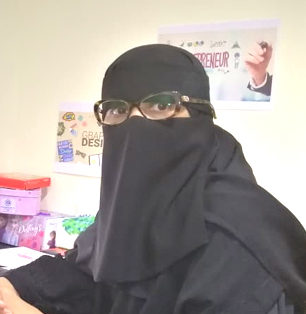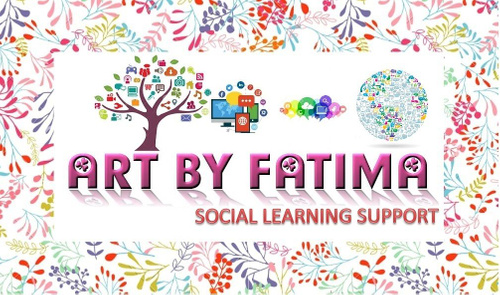While some children who had social skills struggles before the coronavirus crisis are now finding it easier to communicate with their friends remotely, others are struggling to connect. Regardless of which category your child falls into, you may be worried that social distancing will set them back. If you’re stuck at home, how can you help your child maintain and build upon the social skills they’ll need to interact successfully with peers — in person or virtually?

After a virtual playdate or chat with relatives, check in with your child. How did the interaction go? What did they enjoy? What was challenging? What could they do differently next time? Don’t worry if you and your family don’t have a lot of time or energy for this kind of practice right now — even a quick conversation can be a helpful learning experience for your child.
3 Ways to Teach Social Skills at Home
Your child is bright, creative, and clearly has many areas of skills. In theory, that should make it so that relating to peers is easy, given that he has so many areas of interest to talk and relate about, right? Well, not exactly. Our children with ADHD or Autism Spectrum Disorder (ASD) are passionate people who love what they love very much, but sharing that information or knowledge with a peer may look like your child is talking at instead of talking with them.
Your child may also become easily frustrated because other children are not as interested in certain topics, games, or other children don’t want to talk about that topic for very long. Possibly, your child may not notice the body language and facial expressions of a peer who has lost interest, and ultimately walks away. When your child feels rejected, but doesn’t know why – they may become very angry, yell or become aggressive towards the children whose behavior or actions aren’t understood. The other children don’t understand your child’s internal experience and begin to label him as angry or weird. To a parent, that’s heartbreaking.
Unfortunately, you can’t go to school with your child and mediate these peer interactions (even though you’ve thought about it!), but you can use a few strategies to help build your child’s social awareness in an effort to make social relationships a little bit easier.
Role Play
To help your child understand what a disinterested peer looks like, act it out, or be exaggerative in your response to him when he tells you a story at home that is now going on for a long period of time with no end in sight. Your tolerance is higher and your patience may be greater because, after all, this is your baby. However, friends are not that patient.
Every Story Has a Beginning, Middle and End
This is a tough one that some adults haven’t yet mastered! Every story has a beginning, middle and end. That is, the general rule is that a story shouldn’t last much longer than a minute or two. After that, we lose interest. Encourage your child to end his story with the point he wants to make. Next, he should pause and let his friend ask a question or make a comment. Children can use this type of formula and adapt it as they get older.
Press Pause
I encourage parents to schedule play dates at their home and to stay within ear shot so they can hear how the social interaction is going…or not going. That is, if you hear or see that your child is having a hard time negotiating which game to play because the two can’t seem to decide, you can intervene.







